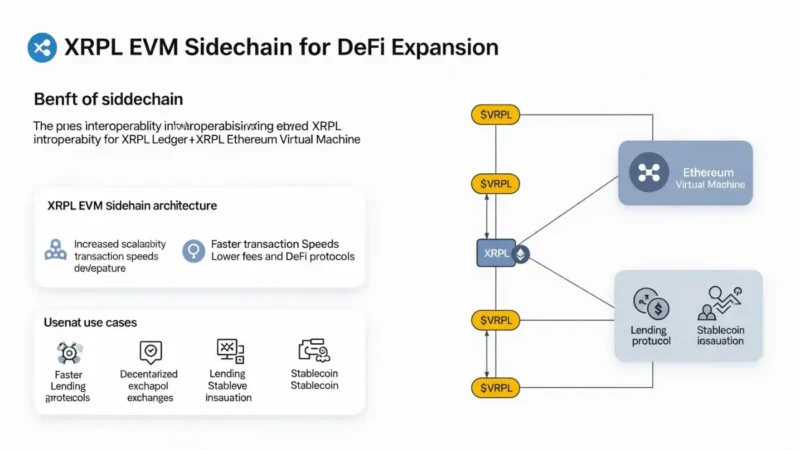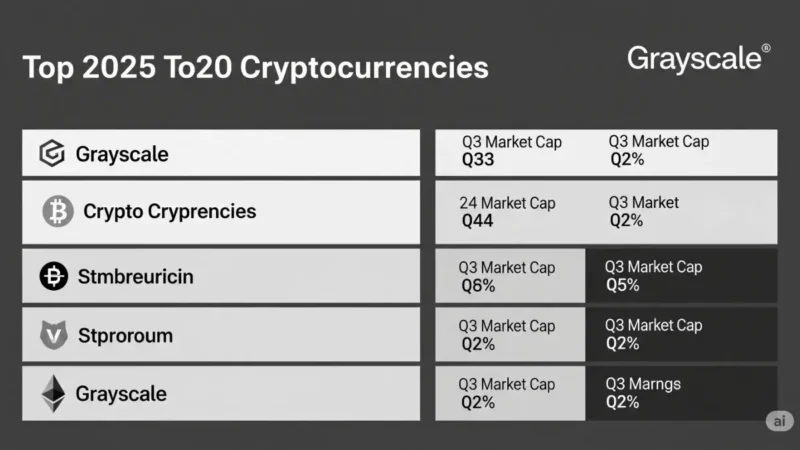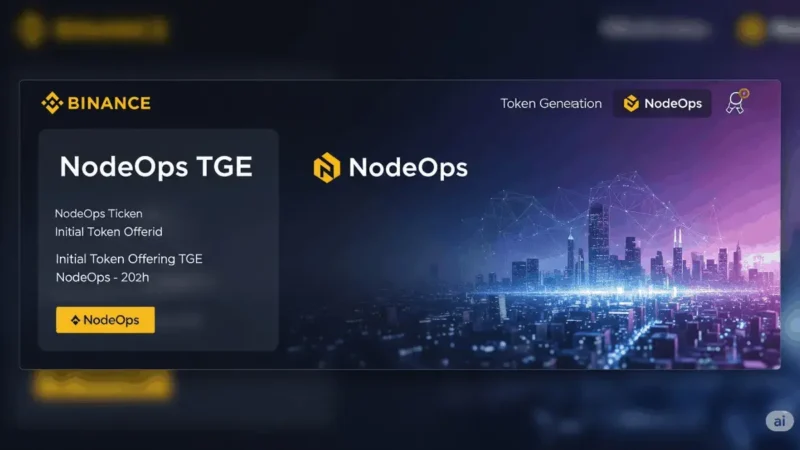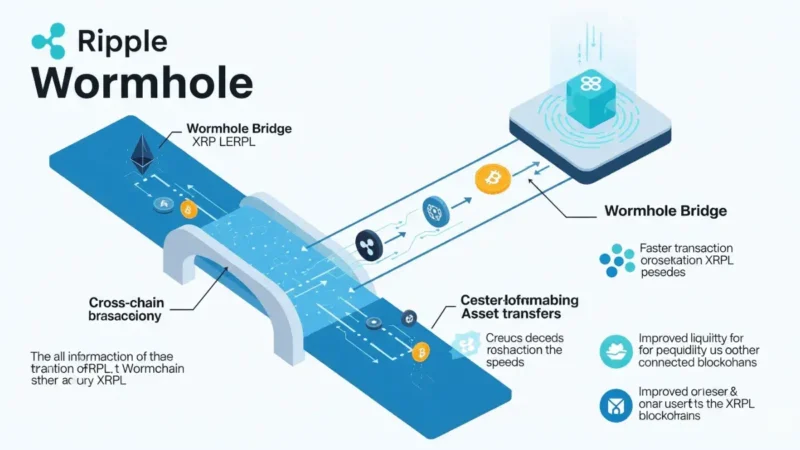How Investors and Property Owners Benefit from Tokenization in Real Estate

In recent years, advancements in blockchain technology have transformed various industries, including real estate. One of the most innovative developments is tokenization, the process of converting ownership rights or assets into digital tokens on a blockchain. For investors and property owners alike, tokenization offers a host of benefits that are revolutionizing how real estate transactions are conducted. This article will explore how both groups can reap rewards from this emerging trend.
What is Tokenization in Real Estate?
Tokenization involves converting real estate assets—whether entire properties or fractional ownership—into digital tokens stored on a blockchain. These tokens represent shares in the asset, much like how stock represents ownership in a company. Investors can buy, sell, or trade these tokens on specialized platforms, enabling a new level of flexibility and accessibility in real estate investing.
How Investors Benefit from Real Estate Tokenization
1. Increased Access to Real Estate
Traditional real estate investments often require significant capital, which limits access for small or retail investors. Tokenization changes this by allowing fractional ownership of properties. An investor can purchase a small portion of a property, enabling them to enter the real estate market with lower financial barriers.
This opens opportunities for diversification. Investors can allocate smaller sums across various tokenized properties, spreading risk while benefiting from the income and appreciation of a broad range of assets.
2. Liquidity
One of the key challenges of real estate investing is its illiquid nature—properties cannot be quickly sold or converted to cash without a lengthy process. Tokenized real estate, however, enables much greater liquidity. Tokens representing real estate assets can be traded on secondary markets, allowing investors to buy or sell them relatively quickly compared to traditional property transactions. This reduces the long-term lock-in periods typically associated with real estate investments.
3. Transparency and Security
Blockchain technology, the backbone of tokenization, provides enhanced transparency and security. Every transaction and change in ownership is recorded on a decentralized ledger that cannot be tampered with, reducing the risks of fraud or disputes over ownership. For investors, this means a higher level of trust and peace of mind when participating in real estate deals.
4. Lower Transaction Costs
Tokenization reduces the need for intermediaries such as brokers, lawyers, and escrow agents, which traditionally add costs and complexity to real estate transactions. By cutting out these middlemen, tokenization can significantly lower transaction fees, making real estate investment more cost-effective, especially for smaller investors.
5. Global Investment Opportunities
Tokenization also opens up real estate investment to a global audience. Investors are no longer restricted by geography—they can buy tokens representing properties in different countries or markets from anywhere in the world. This creates more opportunities for diversification and exposure to high-growth markets that may not have been accessible before.
How Property Owners Benefit from Tokenization
1. Access to a Larger Pool of Investors
By tokenizing a property, owners can tap into a much broader base of potential investors. Instead of relying solely on high-net-worth individuals or institutional investors, property owners can attract smaller investors from around the world. This increases the chances of raising capital more quickly and efficiently.
2. Enhanced Liquidity for Property Owners
Just as tokenization provides liquidity for investors, it offers property owners a way to unlock liquidity without selling the entire property. Owners can sell fractional shares of the property through tokenization, raising capital while retaining partial ownership. This is particularly advantageous for property owners who may need immediate cash flow but want to maintain long-term ownership.
3. Simplified Ownership and Management
Tokenization simplifies the complex process of property ownership. Smart contracts, which are automated, self-executing contracts on the blockchain, can handle many administrative tasks, such as distributing rental income or tracking ownership. This reduces the administrative burden on property owners and allows for more streamlined management of assets.
4. Improved Valuation and Marketability
Tokenized real estate can be marketed and sold on global platforms, reaching a wider audience than traditional real estate listings. Additionally, properties that may have been difficult to sell due to their size, location, or price can become more attractive when tokenized, as smaller investors are more likely to purchase fractional shares. This increases the overall marketability of the property and may lead to quicker sales or financing.
5. Potential for Value Appreciation
Just as investors can benefit from the appreciation of tokens, property owners can also see the value of their tokenized assets rise. If the property increases in value, the tokens tied to it will also appreciate, creating more wealth for the owner. Furthermore, as tokenization grows in popularity and demand for such assets increases, there may be an inherent rise in the value of tokenized real estate itself.
Challenges to Consider
While tokenization offers many benefits, it is still a relatively new concept, and there are challenges that both investors and property owners need to consider:
- Regulatory Uncertainty: Different countries have varying laws regarding securities and property ownership, and tokenized real estate may fall into a gray area in some jurisdictions. Investors and owners need to stay informed about the evolving regulatory landscape.
- Technological Barriers: Although blockchain technology is highly secure, its adoption is still in its early stages, and not all investors or property owners may be familiar with it. Educating participants and ensuring user-friendly platforms are critical for widespread adoption.
- Market Volatility: Like any investment, tokenized real estate is subject to market risks. Tokens may lose value based on property performance or broader market conditions.
Stay tuned for daily cryptocurrency news!
Conclusion
Tokenization in real estate offers a paradigm shift for both investors and property owners. Investors gain easier access to the market, enhanced liquidity, and diversification opportunities, while property owners benefit from a larger pool of potential investors, greater liquidity, and simplified asset management. While challenges remain, the advantages of tokenization are driving a new era of real estate investment, democratizing access to one of the world’s most valuable asset classes.
As blockchain technology continues to evolve, the tokenization of real estate is poised to grow, offering an innovative solution that bridges the gap between traditional investing and the digital economy.



